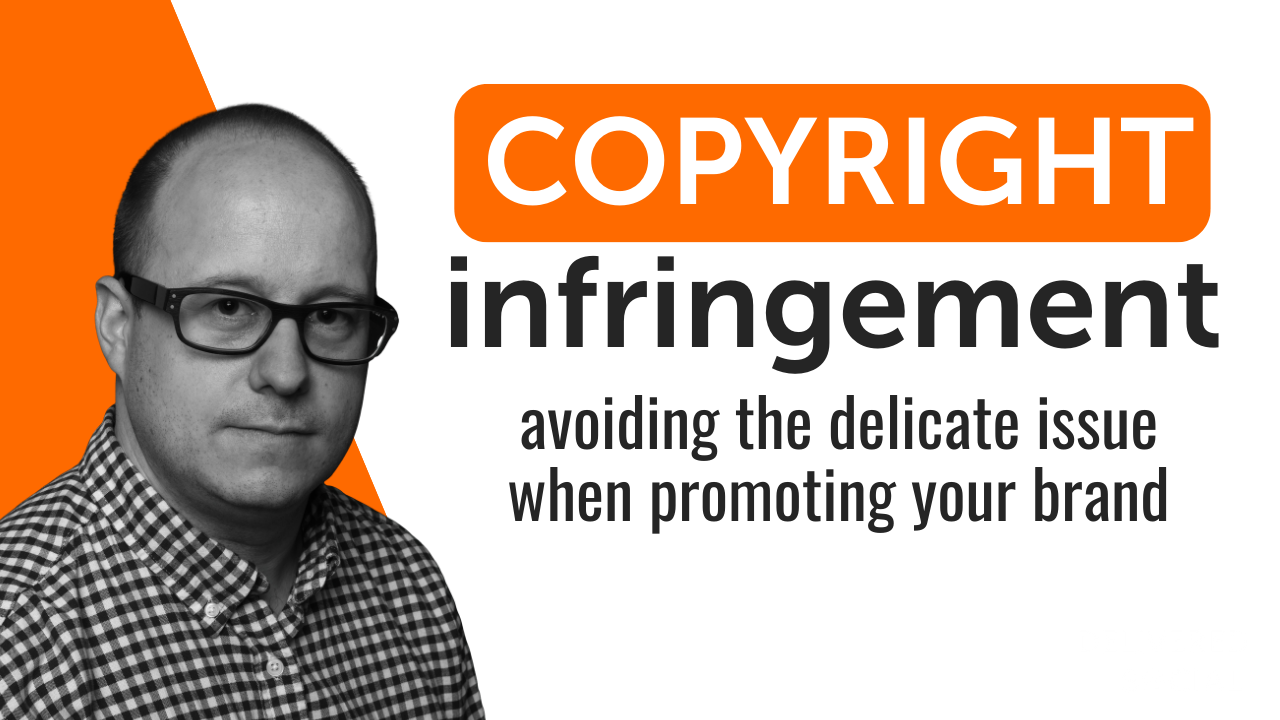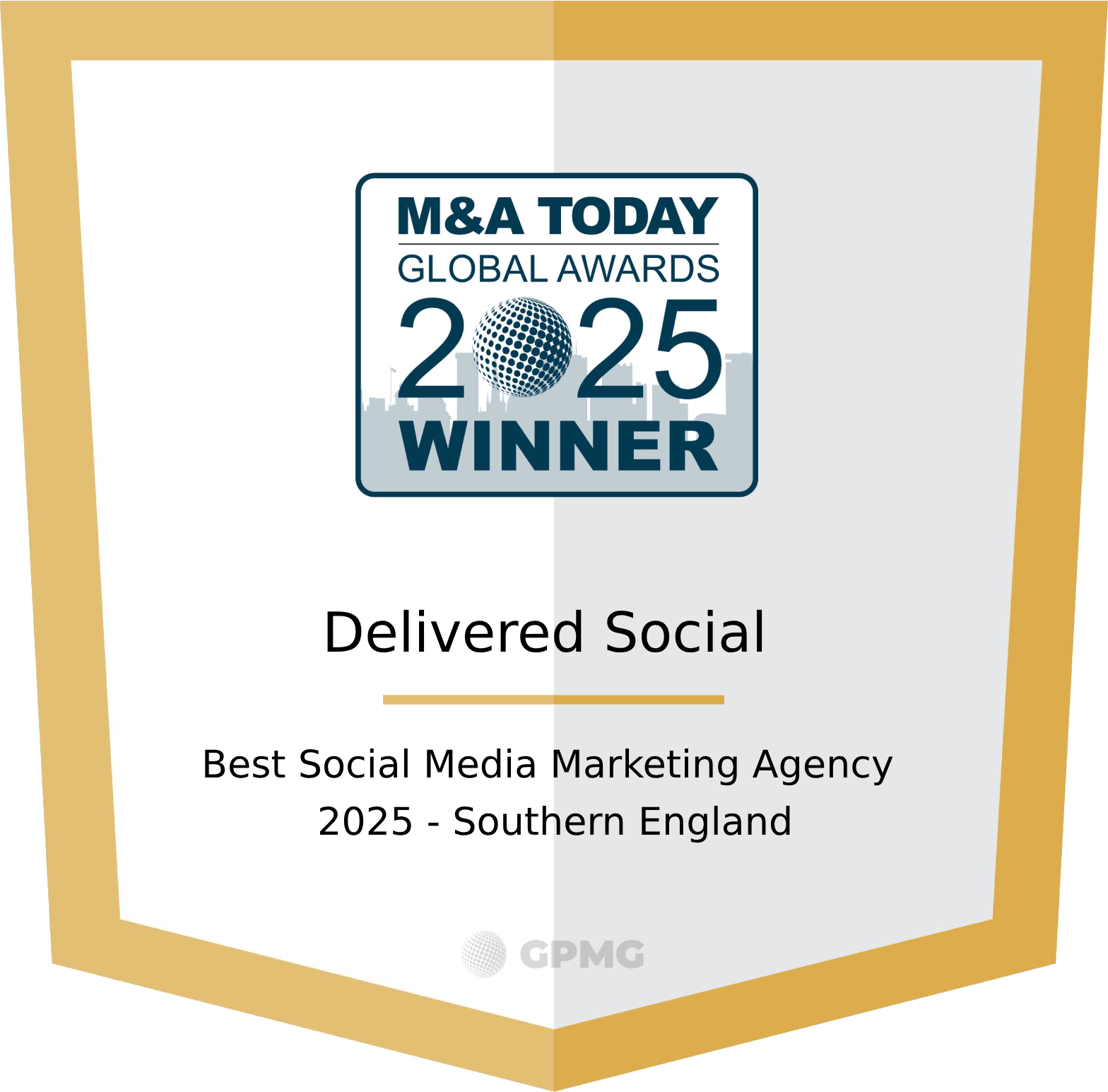
As a business owner, you’re likely using images, music, and even written text to promote your brand and build awareness–but are you confident that the content you’re using is copyright-compliant?
Too often, entrepreneurs unknowingly infringe on copyrights by using unlicensed materials on their websites, social media pages, blogs, and other properties. In turn, this can lead to expensive legal battles and reputational damage.
Ultimately, copyright compliance is crucial in branding and marketing, as it protects both your business and the original creators of content. Understanding how exactly creative works are to be used legally is necessary. By formulating a solid strategy, it is possible to avoid these pitfalls.
Furthermore, establishing a strong business structure, like a Limited Liability Company (LLC), not only offers liability protection but also confirms that you’re well prepared to meet any legal challenges that come your way.
In this article, we’ll explore best practices for protecting your brand while remaining compliant.
Understanding Copyright and Its Impact on Branding
Copyright is a form of legal protection granted to the creators of original works, confirming that they retain exclusive rights to their content. These rights typically include the right to reproduce, distribute, and publicly display or perform their work.
Copyright applies to a wide range of varied creative work, including:
- Images: Photos, illustrations, and graphic designs used in marketing and social media.
- Logos and Slogans: Unique brand identifiers businesses commonly use for brand building or advertising.
- Music: Songs, jingles, or audio tracks featured in ads, videos, or other promotional content.
- Text: Written materials, including blog posts, product descriptions, ad copy, etc.
Using copyrighted content without permission has severe consequences, too. Consider the following adverse outcomes:
- Legal action: Lawsuits from the copyright holder seeking damages or a cease and desist to stop ongoing use.
- Financial penalties: Substantial fines are associated with copyright violations–so much so they could put you out of business.
- Reputational damage: Negative publicity can ruin your brand image and break customer trust.
By understanding copyright and respecting the intellectual property (IP) of content creators, it’s possible to avoid all of these risks and build a legally compliant and ethical brand.
How to Legally Use Content in Your Marketing
To minimize the risk of copyright infringement, here are some approaches to follow:
- Licensing Content: Always double-check whether the content has a commercial or personal use license. Commercial use often requires you to pay for a license or receive explicit permission from the creator.
- Fair Use Doctrine: This allows limited use of copyrighted content without permission. However, it’s only applicable in specific cases such as commentary, news reporting, or criticism.
- Royalty-Free and Creative Commons Content: Confirm that you adhere to the specific terms of these licenses, including attribution and limitations on commercial use.
- Obtain Permission: When in doubt, always contact the content creator to secure written permission for usage.
By following these best practices, you can safeguard your company in the short and long term.
Copyright Considerations for Social Media Marketing
As we have noted, ensuring you have proper rights to any content you may use in association with your brand is always imperative.
Furthermore, issues can arise with simply sharing or reposting the content of others without permission–and it can land you in legal hot water as this could still be considered unauthorized use.
Additionally, influencer collaborations and user-generated content, such as video testimonials or product reviews, require clear agreements about ownership and usage rights of shared content.
Always establish terms for how content can be used and ensure all necessary permissions are obtained before publishing to keep your social media platforms compliant with copyright laws.
Creating Original Content to Avoid Copyright Issues
Taking the time and investing in original branding materials is one of the best ways to avoid copyright infringement. By creating your content, you confirm that you are the rights holder to the material–and you retain full control over its use and protection.
Think about hiring graphic designers, photographers, and content creators to produce custom content for your brand. This not only supports your business and helps you achieve your goals, but it also guarantees that you will never run into legal issues regarding copyright problems.
Here are some best practices:
- Only partner with professionals who understand the importance of copyright laws and make it a part of their business model.
- Confirm all contracts specify ownership and outline usage rights.
Another area to be aware of is AI-generated content. It is an option for creating content; however, be mindful that it comes with its own copyright concerns. Although the AI creates the material, legal ownership may be murky.
To mitigate risks, consider this:
- Clearly define ownership in any terms of use when using an AI generator software platform or app.
- Ensure human input in the creative process to support copyright claims.
Ultimately, when you prioritize originality and creativity, your brand can avoid legal problems while simultaneously maintaining control over your content.
The Role of an LLC in Brand Protection
Forming an LLC provides essential legal protection for your business–especially when it comes to copyright risks. As a separate legal entity, an LLC shields your personal assets from potential laws, and this includes those that could be related to copyright infringement. Without this structure, your personal property, such as your home and bank account, could be at risk if your company is sued.
Additionally, an LLC helps you manage revenue generated by your original content, including paying taxes by way of an Employer Identification Number (EIN) issued by the IRS. This distinction further reduces liability risks.
One point to be aware of as it relates to LLCs: While copyright law is federally mandated and regulated, forming an LLC varies from state to state–and some are easier than others. The requirements to form an LLC in New York will be different from those in Delaware, which is one of the easiest states to establish a business. It is important to establish your LLC correctly within the jurisdiction that best supports your business.
Protect Your Brand the Right Way
To confirm copyright compliance as a business owner, you should conduct thorough research prior to using any content in digital or printed material to verify ownership and rights.
Keep organized records of licenses, permissions, and agreements, as it will help you minimize risk if faced with the threat of legal action.
Additionally, it’s a wise move to establish internal copyright policies for employees and marketing teams to ensure consistent adherence to copyright laws. Making it a part of your company culture communicates to stakeholders that you take this situation seriously.
Of course, for more complex copyright concerns, it’s also smart to consult with a legal expert to navigate the nuances of copyright law and protect your brand.
Interested In Working Together?
Introducing Delivered Social. We're The Most-Rated Digital Agency In Surrey & Hampshire – We've Got To Be Doing Something Right.
Delivered Social is a digital marketing agency with one mission—to help businesses grow. We're famous in Guildford and Portsmouth for our social clinics. We believe in free advice. We build lasting relationships because our team prides itself on being helpful, which our clients appreciate.
If you are looking for a new website or an agency to manage your social media presence, we can help.
If you need something slightly different, here's a super handy list of all our services, or you can always email us.























